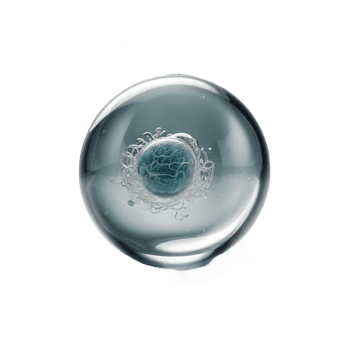Quick version
Postnatal depression is deeper and more long-lasting than the short-term "baby blues" that many new mothers experience. According to recent studies, 10-20% of all pregnant women suffer from perinatal depression, either before or after childbirth.
Symptoms include:- Persistent sadness and anxiety
- Loss of interest in activities
- Irritability and frustration
- Sleep issues and changes in appetite
- Difficulties concentrating
- Thoughts of self-harm
A combination of hormonal changes, including rapid decrease in estradiol and progesterone, increased stress hormone (cortisol), lack of sleep, new parenthood, genetics, and lack of support.
Treatment:A mix of psychotherapy, medication, and support groups is effective. It's important to seek help early.
Remember, it is a medical condition and not a sign of weakness. Seek medical attention if you recognize the symptoms.
This condition goes beyond what is often called "baby blues" – a short period of emotional instability and depression that many new mothers experience. While "baby blues" usually disappear within a few days to a week after childbirth, postpartum depression is more serious and long-lasting. A new study shows that 10-20% of all pregnant women suffer from some form of perinatal depression, which includes both antepartum depression (diagnosed before childbirth) and postpartum depression (diagnosed after childbirth).
Symptoms of postpartum depression
The symptoms of postpartum depression can vary but often include:
- Persistent sadness, anxiety, or feeling empty
- Loss of interest or pleasure in activities, including a lack of interest in the baby
- Irritability, frustration, or extreme anger
- Feelings of worthlessness, guilt, or inadequacy
- Sleep problems, either insomnia or sleeping too much
- Changes in appetite or weight
- Difficulties concentrating or making decisions
- Thoughts of harming oneself or the baby.
Causes of postpartum depression
The exact causes of postpartum depression are not fully known, but a combination of physical, emotional, and lifestyle-related factors are believed to contribute. A dramatic change in hormone levels after childbirth, including a rapid decrease in hormones such as estradiol and progesterone or increased levels of the stress hormone cortisol, is thought to play a role. Other factors may include lack of sleep, stress from new parenthood, genetic predisposition to depression, and lack of support from partners, family, and friends.
Treatment of postpartum depression
The treatment of postpartum depression may include a combination of psychotherapy, medication (such as antidepressants), and support groups. It is important for women experiencing symptoms to seek help as early as possible to get the help and support they need. With the right treatment, most women can fully recover from postpartum depression.
Seek help if you are feeling unwell
It's important to remember that postpartum depression is a medical condition and not a sign of inadequate motherhood or personal weakness. If you or someone you know is showing signs of postpartum depression, turn to a healthcare center to get the right help and treatment.


























